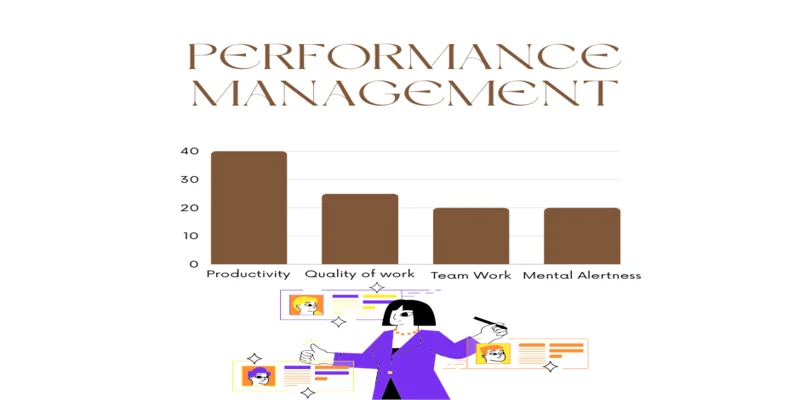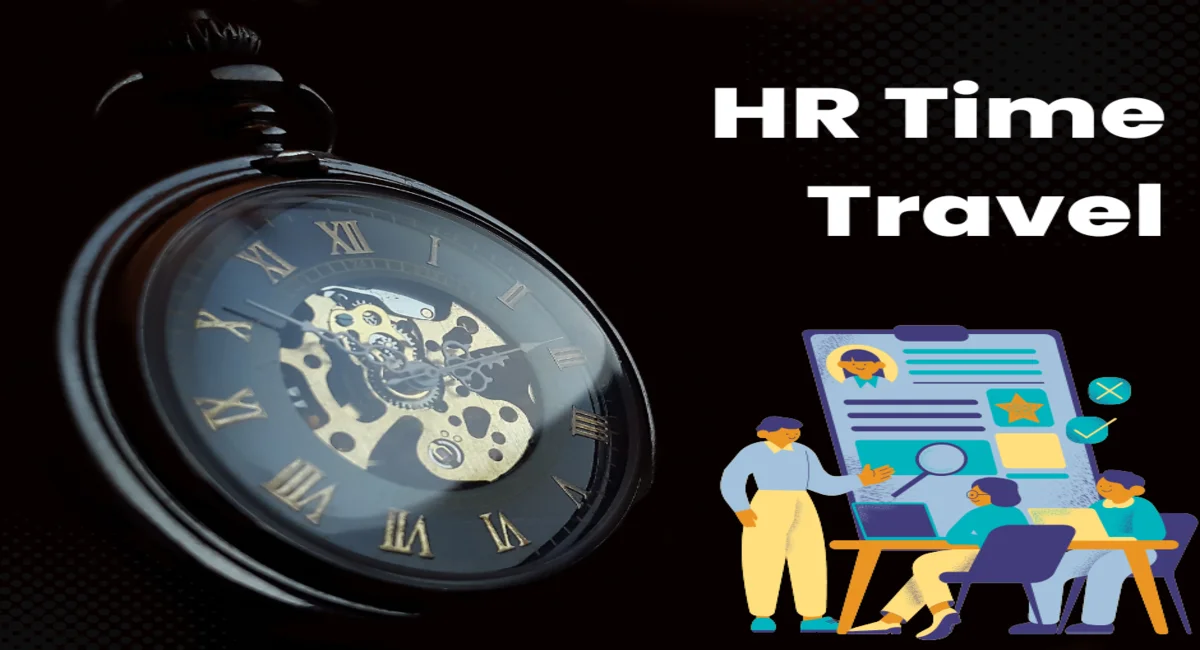HR plays a significant role in driving business growth by hiring the top talent in the job market. However, in this digital landscape, where AI is transforming how we live and work, this technology is poised to change the future of HR.
Artificial intelligence and data analytics are significant in determining lifestyle patterns and workplaces. Hence, it is evident that HR leaders will also be witnessing unconventional technological integrations and innovation.
Thus, it has become essential to understand the change in workforce dynamics and evolving societal norms to keep up with the HR trends and stay ahead of the curve.
This article will briefly discuss the latest HR trends and predictions that can shape the future by 2040 and how to prepare for these emerging waves.
What Did Human Resources Look Like in 2020s?
Before talking about the HR trends in 2040, let us first know about its situation in 2020s so that we can make the comparison and understand it better. Let’s get started.
1) The advent of technology to handle remote employees
The need to adopt remote working was recognized before the pandemic hit the country. Today, the challenges have changed; the primary issue for HR is managing remote work motivation and culture.
However, things have become easier today because they can now measure working time and productivity using technology. Compared to 2020, by 2040, HR will be expected to give more result-based performance analysis.
In fact, as per a 2020 report, 58% of the companies worldwide claimed that they use AI mainly to improve consistency and quality. 26% of people stated that they use AI to assist workers in improving productivity, while the remaining 16% use AI technology to improve insights.
2) Continuous performance management (CPM)
The approach of giving feedback once a year was replaced to achieve high productivity, talent retention, and employee engagement. The adoption of CPM processes is expected to grow tremendously.
Using these tools, they will also strive to encourage a work culture where continuous coaching, holistic reviews, unbiased praise, and skill development plans are prevalent.

3) Automation in the recruitment process
Automation was no longer just limited to the production process; it also became a part of the HR department. With automation, the recruitment process got faster, and the vacant positions started filling more quickly. Further, various questions like when is my payday, what is the breakdown of my salary, etc., were answered automatically by the chatbot.
What Trends Will Change Global HR by 2040?
The future of HR has completely transformed in the last couple of years for various reasons, such as the rise in remote working, increased usage of AI and AR/ VR technologies, etc. So, let us know about some of the numerous factors that will change the global HR workplace by 2040-
1. Data and AI
This will probably be one of the major factors that will revolutionize HR processes. Despite various concerns that AI will replace humans, HR can largely benefit from it. These technologies will streamline most of their processes, from chatbots handling routine inquiries to AI-powered candidate screening.
Furthermore, HR Chatbots can also help analyze and organize people-centric data for seamless attendance management and payslip generation using conversational interfaces.
2. Remote work and flexible arrangements

Post-COVID-19, companies have recognized the need to adapt to remote working, and it’s here to stay. Because of this, the HR departments will have to focus more on remote work policies.
Plus, they will be responsible for addressing issues related to employee engagement and work-life balance. By 2040, training and development practices will also become more personalized and will be provided through remote devices.
3. Personalized Review System
HR is assumed to have a hyper-personalized review system in the future. This means there will be no more annual performance reviews. Instead, they will focus more on real-time performance reports and give feedback accordingly.
4. Data-driven decision-making
The dependency of HR professionals on data-driven decision-making is increasing excessively. Today, the HR workforce uses advanced analytics to get information on employee performance, retention, and engagement. It is assumed that predictive analytics will be used entirely by 2040 to determine future performance based on current and historical data.
5. Adapt to supporting apps
The usage of apps is increasing; there is an app for anything and everything you can think of. Thus, the HR department will also have to integrate their contemporary working methods with the latest apps. The companies will have to invest in HR software that can help simplify the HR processes.
6. Robotic Process Automation (RPA)
Some HR departments have started using RPA, which has simplified all their tasks, from recruiting candidates to optimizing the hiring marketing program, setting up interviews, and using chatbots for better processing.
Using this module, by 2040, they will be able to collect relevant candidate information for the specific project and implement automation for onboarding activities.
How to Prepare for the Emerging HR Trends?
Let’s go through a few HR trends that professionals must know to prepare themselves for the future:
1) Focus on data-driven HR
Data-driven HR is the practice of using data in varied aspects of HR so that HRs can make informed decisions in terms of recruiting and providing compensation & benefits. This will allow them to gain insights into what encourages employees to join the company, keeps them engaged & satisfied, and know the reasons why employees leave jobs.
2) HR analytics
The HR department of the modern era analyzes the data through more innovative HR analytics such as turnover rates, acceptance rates, revenue per employee, etc. With these analytics, it becomes easier for HR professionals to create actionable solutions based on real-time data analysis.
2) Adopt HR chatbots
HR chatbots automate official tasks, boost productivity by freeing up valuable time for HR professionals. It also allow them to focus more on high-value activities such as strategic planning and talent development.
Conclusion
As we peer into the future, various challenges and trends are shaping the HR industry and the workforce. By the time we step closer to the offices of 2040, HR will promise exciting changes that will be driven by technology. Embracing these trends will help human resource managers to navigate the evolving HR landscape in the future.

Nikita Sikri is a content specialist who simplifies complex ideas and produces SEO-driven content for SaaS and AI-writing platforms. Her strategic writing skills generate leads, nurture them and boost ROI.



